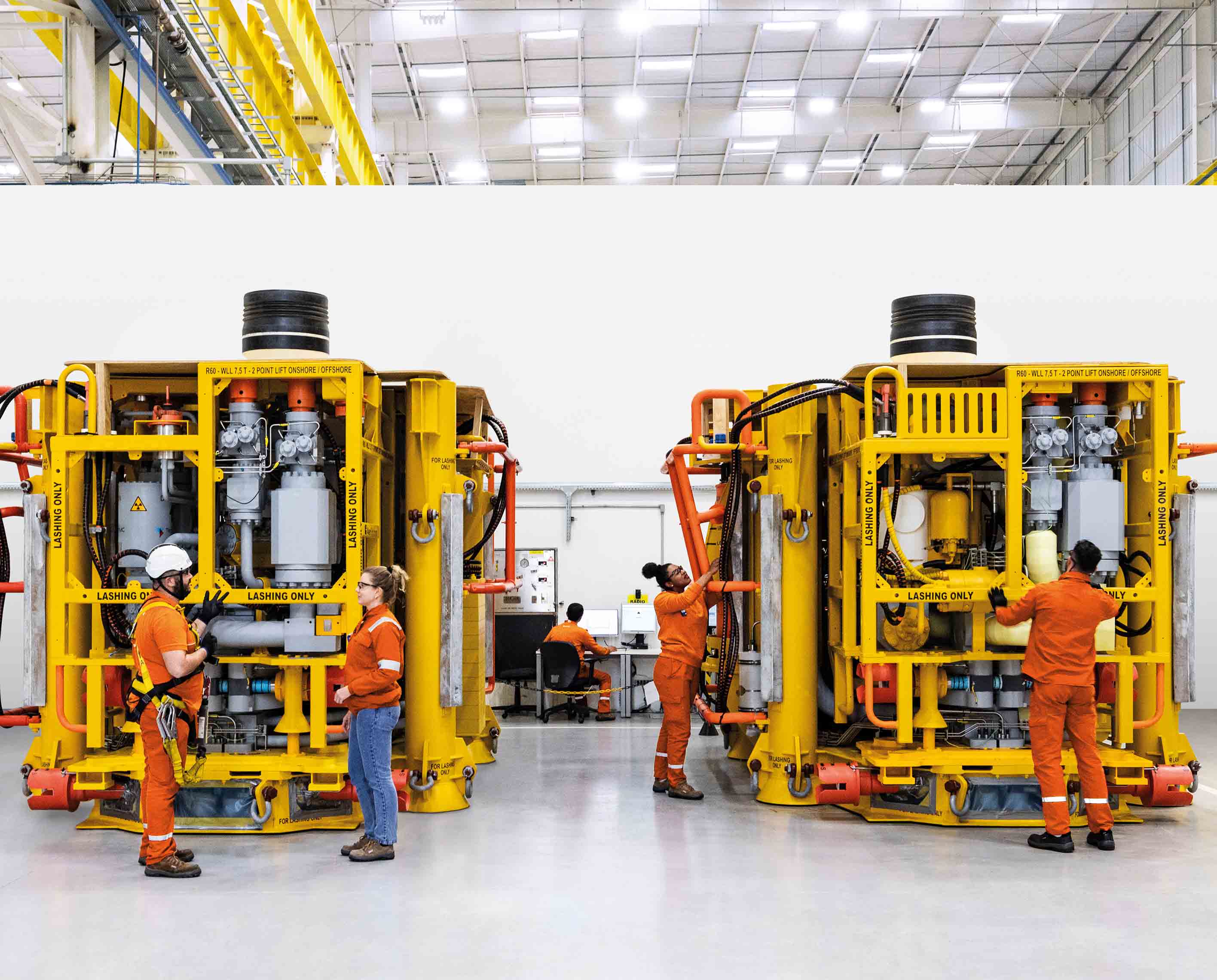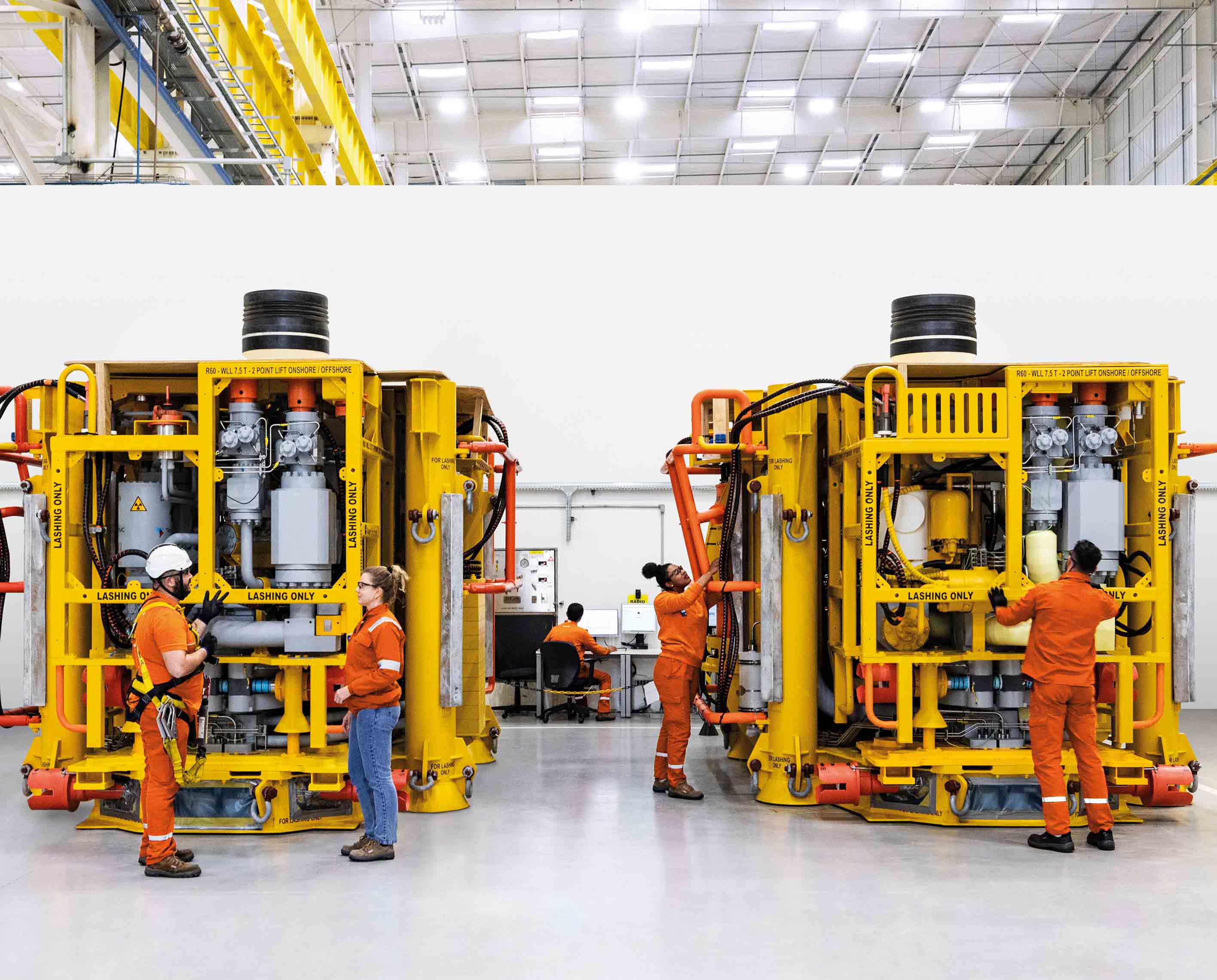SLB OneSubsea Secures EPC Contract for Northern Lights CO2 Transport and Storage Project Expansion
HOUSTON — SLB has announced that its OneSubsea™ joint venture has been awarded an engineering, procurement, and construction (EPC) contract by Equinor—serving as Technical Service Provider—for the CO₂ subsea injection system for the second phase of the Northern Lights project offshore Norway.
This award follows the final investment decision for phase two, made by Northern Lights' owners—TotalEnergies, Shell, and Equinor—after securing a commercial agreement with an end-use customer. The decision represents a major step toward the large-scale adoption of carbon capture and storage (CCS). Under the contract, SLB OneSubsea will deliver two new satellite CO₂ injection systems along with the necessary tie-in equipment. Work is already underway, with initial deliveries anticipated in 2026.

This latest contract builds on SLB OneSubsea’s successful delivery of two subsea injection systems for phase one of the project in 2023. Northern Lights is a key part of the world’s first open-access, full-scale value chain for CO₂ capture, transport, and storage. Phase two will boost capacity from 1.5 million tonnes to at least 5 million tonnes of CO₂ annually. The project also benefits from support under the Connecting Europe Facility for Energy (CEF Energy) funding initiative.
Mads Hjelmeland, CEO of SLB OneSubsea, commented:
“Equinor’s long-standing commitment to subsea standardization is delivering significant value across emerging offshore value chains like CO₂ storage. Standardized components help reduce risks and unlock economies of scale, enhancing both traditional and next-generation subsea projects. The Northern Lights initiative is a cornerstone in Europe’s journey toward net-zero emissions and aligns closely with our strategy to push the boundaries of subsea innovation for a sustainable energy future.”
In May 2025, Northern Lights received the necessary permits to begin CO₂ injection and storage operations in the Aurora CCS license area in the North Sea. Phase one is now fully developed, fully booked, and ready to accept CO₂ from industrial sources, with operations set to begin in the second half of 2025.
